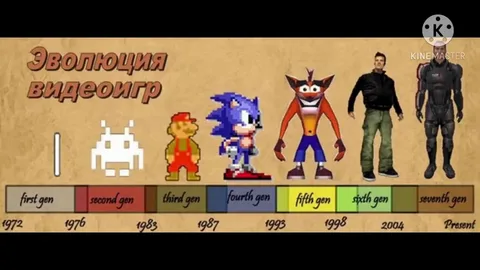Video games have come a long way since the days of simple pixelated screens and 8-bit soundtracks. What was once considered a niche hobby for tech enthusiasts has now grown into a multi-billion-dollar industry influencing culture, technology, and even education. Today, gaming is not just a form of entertainment; it’s a dynamic ecosystem that continues to evolve with every technological breakthrough.
A Journey Through Gaming History
The earliest video games like Pong or Space Invaders were revolutionary for their time. Limited by hardware capabilities, these titles relied on simple mechanics and high replayability. By the 1990s, advancements in consoles introduced more complex gameplay and iconic franchises such as Super Mario, The Legend of Zelda, and Sonic the Hedgehog, setting the stage for immersive storytelling and creative design.
Fast forward to today, and the level of realism in video games is astonishing. With 4K graphics, ray tracing, and virtual reality, modern titles blur the line between digital worlds and reality. Gamers can now step into hyper-detailed environments, interact with AI-driven characters, and participate in massive online worlds populated by millions.
Video Games in the Modern Era
The expansion of gaming platforms—from consoles and PCs to mobile devices—has made games more accessible than ever. Popular genres now range from high-paced battle royales to cozy farming sims, catering to all types of players. Online communities also play a big role, with social platforms and forums becoming essential hubs for discussions, live streams, and competitive events.
Interestingly, platforms like petir108 highlight how gaming communities and online hubs are evolving beyond just playing games. These ecosystems often combine social interaction, information-sharing, and niche gaming experiences under one digital roof, reflecting how interconnected the gaming landscape has become.
The Future of Gaming
Looking ahead, the future of video games seems limitless. Artificial intelligence, cloud streaming, and haptic feedback promise deeper immersion and more responsive gameplay. Developers are exploring procedural generation to create infinite worlds, while VR and AR could redefine what it means to “play a game.” Moreover, with esports gaining mainstream recognition, competitive gaming is shaping up to be as prominent as traditional sports.


